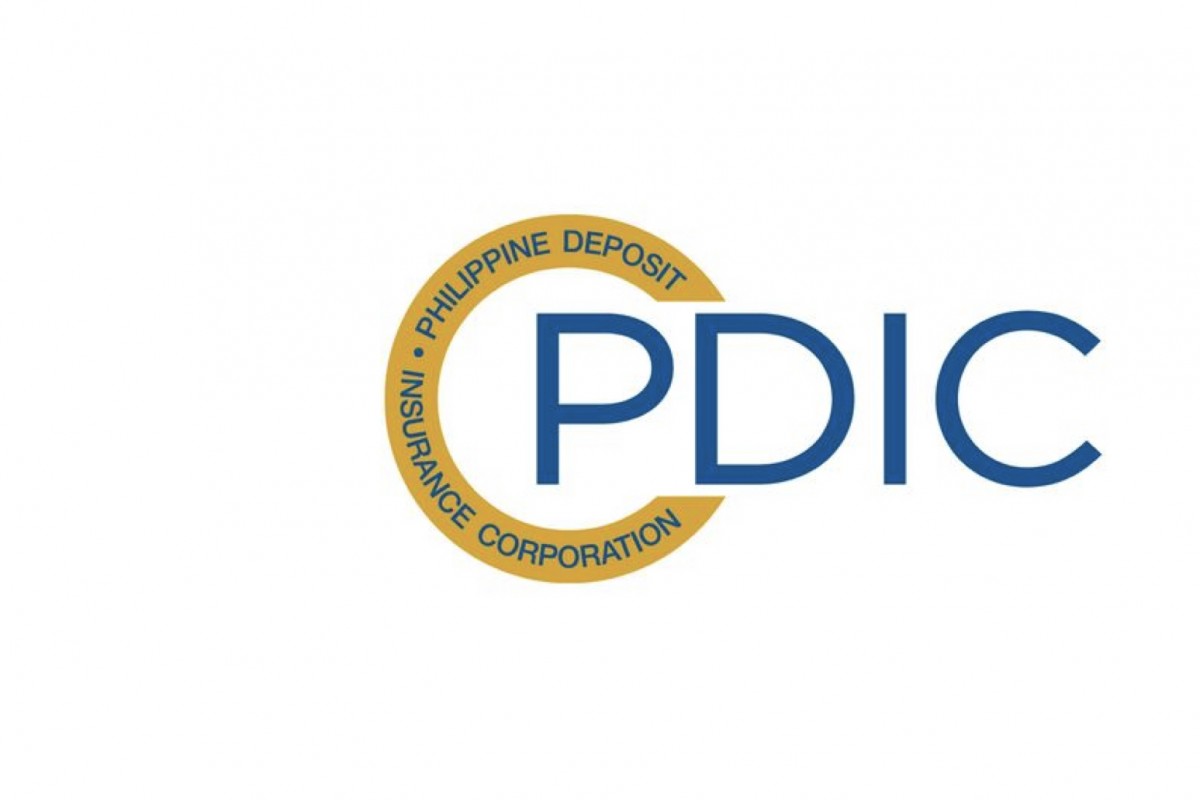The Department of Justice (DOJ) Task Force on Financial Fraud indicted the former Chairperson/President and Branch Manager of the closed Rural Bank of Goa (Camarines Sur), Inc. for commission of irregularities and/or conducting business in an unsafe and unsound manner, a criminal violation under Republic Act No. 3591, as amended, or the PDIC Charter.
In a Resolution issued in January 2021, the DOJ found that the former Chairman/President and the former Pili Branch Manager of the Rural Bank of Goa conducted business in an unsafe and unsound manner by creating and maintaining 838 questionable or spurious loan accounts aggregating P99.9 million in the bank’s books without credit folders or documentation. Under the PDIC Charter, conducting business in an unsafe and unsound manner is punishable by imprisonment of six to 12 years, or a fine of P50,000 to P10 million, or both, at the discretion of the court.
The case stemmed from a complaint filed by the Philippine Deposit Insurance Corporation (PDIC), statutory Receiver of the Rural Bank of Goa, against the respondents.
When PDIC took over the bank in March 2017, it discovered the absence of loan documentations (e.g., promissory notes and application forms) and invalid addresses of borrowers for 838 loan accounts totaling P99.9 million. This comprised 60% of the total loan portfolio of the bank’s Pili Branch.
Rural Bank of Goa was ordered closed by the Monetary Board on March 16, 2017 through Monetary Board Resolution No. 428.A.
The same Resolution designated the PDIC as Receiver of the bank and directed it to proceed with the takeover and liquidation of the bank. Rural Bank of Goa is a two-unit rural bank with Head Office located in San Jose (Poblacion), Goa, Camarines Sur. Its lone branch is located in San Vicente, Pili (Capital), Camarines Sur.
The PDIC remains relentless in its pursuit of justice against erring bank owners, officers, and unscrupulous parties who take advantage of the deposit insurance system for their gain.
The Corporation's vigorous legal actions are crucial for protecting the interests of depositors, safeguarding the Deposit Insurance Fund, and deterring bank officials and individuals from abusing the deposit insurance system. (PR)



